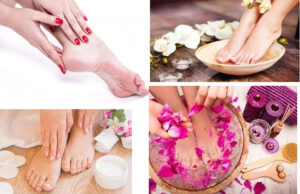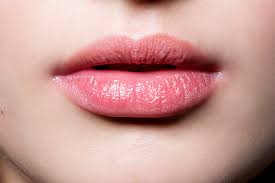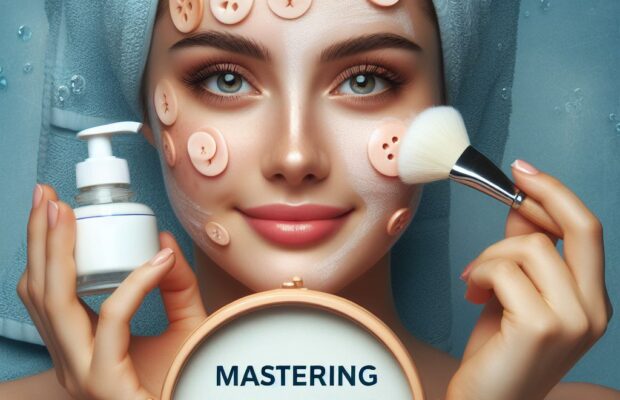Winter Season Skin Issues and Its Remedies
Winter Season Skin Issues
The winter season brings a lot of skin problems with it because of the cold winds and freezing temperatures. So, try these essential skincare remedies to maintain your skin healthy and glowing during winter.
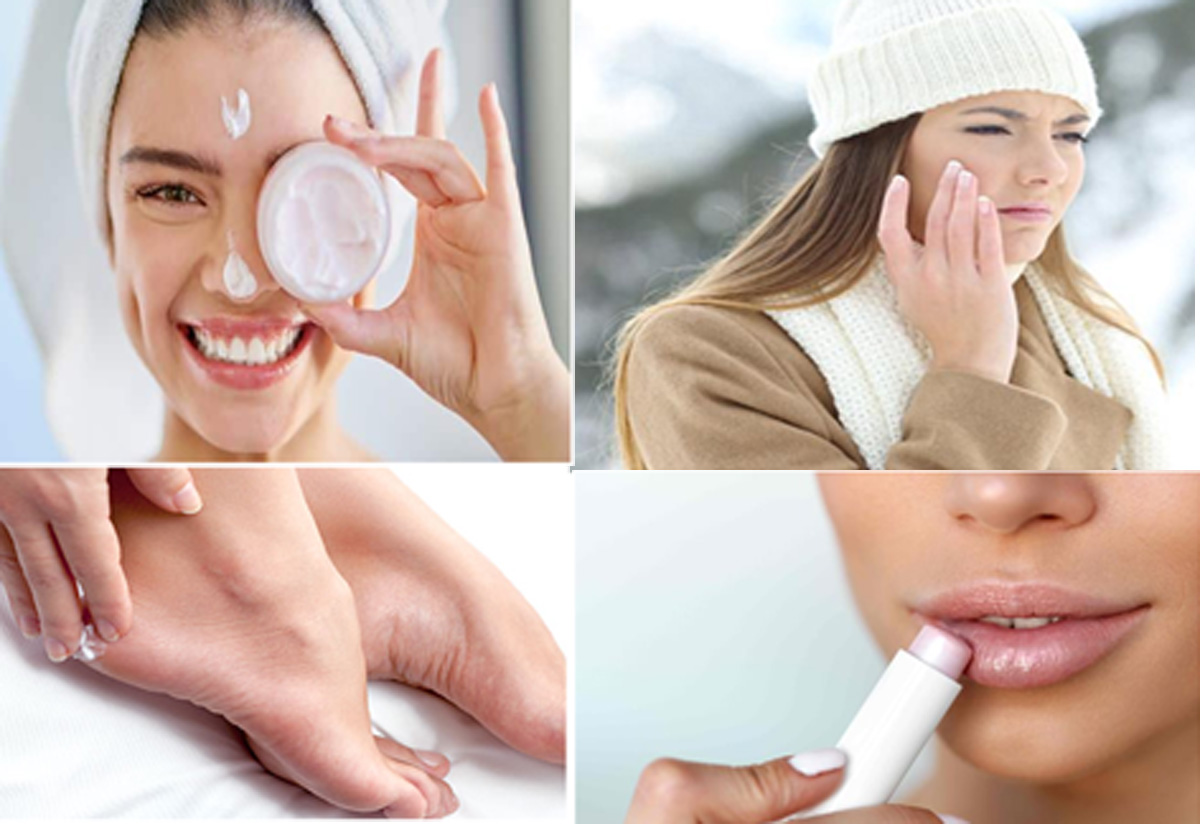
Winter Season Skin Issues
The following are the most common Winter Skin Issues and their Remedies:
Dry Skin With Itchy Patches & Redness:
Scales, redness, rashes, and minor cracks in the skin are the most common signs of dry and itchy skin. When the skin is exposed too much cold air, destroy the protective layer of the skin, loses its natural hydration and oil, and begins to dry out. If left untreated, it can cause itchy patches and redness.

Dry Skin With Itchy Patches & Redness
REMEDIES
To calm the skin, use rich moisturizers all over it. Moisturizers are the most effective protection against winter dry skin and rash, which help trap moisture into your skin and keep it soft.
Moisturize frequently throughout the day, especially after bathing & hand washing and before bed at night. Instead of using harsh soap, choose a moisturising one.
Apply natural oils like coconut and almonds are effective moisturisers to seal the skin’s natural moisture. It absorbs quickly and hydrates the skin thoroughly.
Use a humidifier to keep the air in your house moist.
Chapped Lips:
Chapped lips are another common condition in the winter. Lip skin is thinner than the rest of the face, and the lack of humidity in the air during the winter promotes chapped lips. If you have dry skin, you may have a Chapped lips problem in the winter season.
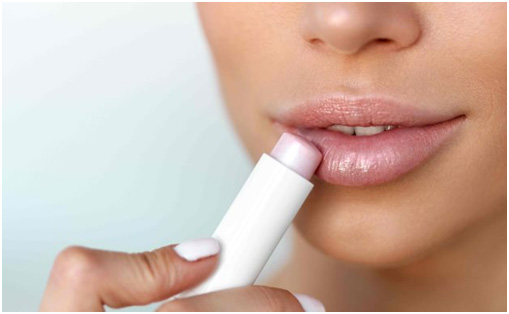
Chapped Lips
REMEDIES
In cold weather, apply vitamin E, C, or natural oil to keep your lips moisturised.
Don’t lick your lip frequently, and use moisturiser all the time.
Another most simplistic approach to care for chapped lips is to use petroleum jelly such as Vaseline, lip balm, Boroline or glycerine throughout the day.
Cracked Heels:
People are frequently worried about the problem of cracked heels as soon as winter arrives. The deficiency of vitamin C, B, and E in the body causes the heels to crack more frequently.

Cracked Heels
REMEDIES
Before going to bed, use rich foot lotions, butter, natural oils, or moisturiser to take better care of your cracked heels. It enables the lotion to penetrate and moisturise the heels.
Gently scrub the dead cells or damaged heels with a loofah or pumice stone. After that, apply a moisturiser.
If your heels are more prone to cracking, apply a coating of raw glycerine to the area and keep it on overnight. To heal it faster, continue the process every night for up to a week.
Hair Dandruff:
dandruff is the most common problem in hair typically caused by dry scalp conditions in the winter.
REMEDIES
To reduce the severity and symptoms of dandruff, use Tea Tree oil or coconut oil on your hair and scalp in winter.
Applying aloe vera to your hair may also help you get rid of dandruff.
Omega-3 fatty acids are beneficial to skin health and can aid in the reduction of inflammation with dry skin, hair, and dandruff.
Dry And Itchy Nose:
One of the most irritating winter symptoms is a dry and itchy nose.
REMEDIES
Apply simple home remedies to alleviate the pain of a dry and inflamed nose.
Drink enough water to keep your body hydrated at all times.
Avoid sugary food because it can increase nasal dryness.
Beard Dandruff:
Everyone likes a well-clean beard. In the winter season, though, using the improper razor and shaving lotion might cause dry skin with dandruff behind the beard.
REMEDIES
It best to use a skin-friendly razor in winter season.
You can use an electric trimmer if it is best for your skin.
Use a shaving product that contains tea tree oil as well. After shaving, don’t forget to apply beard oil or balm.


